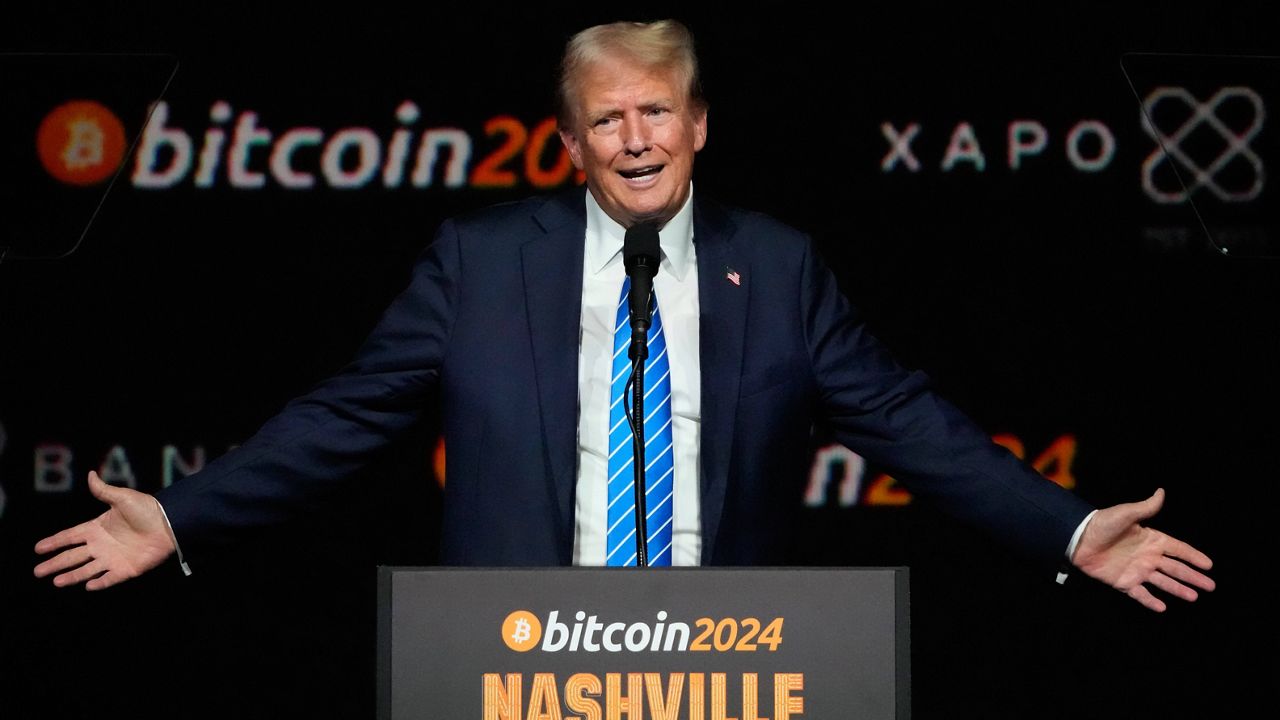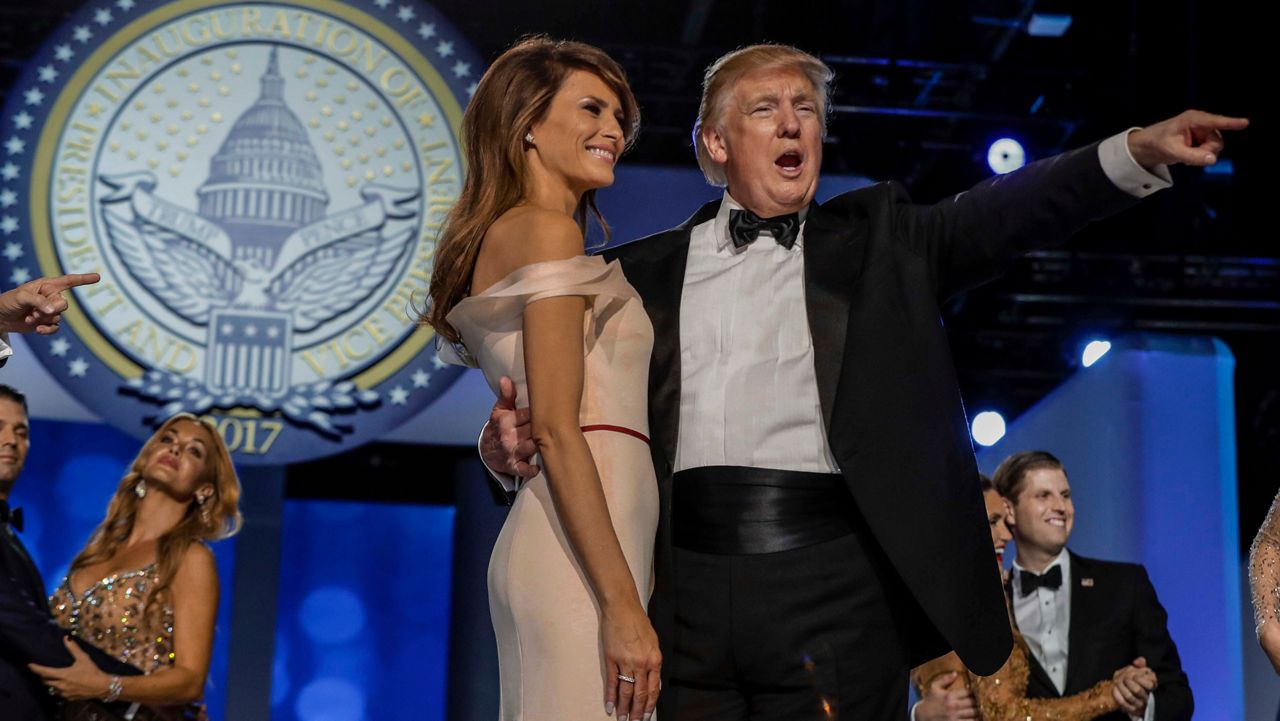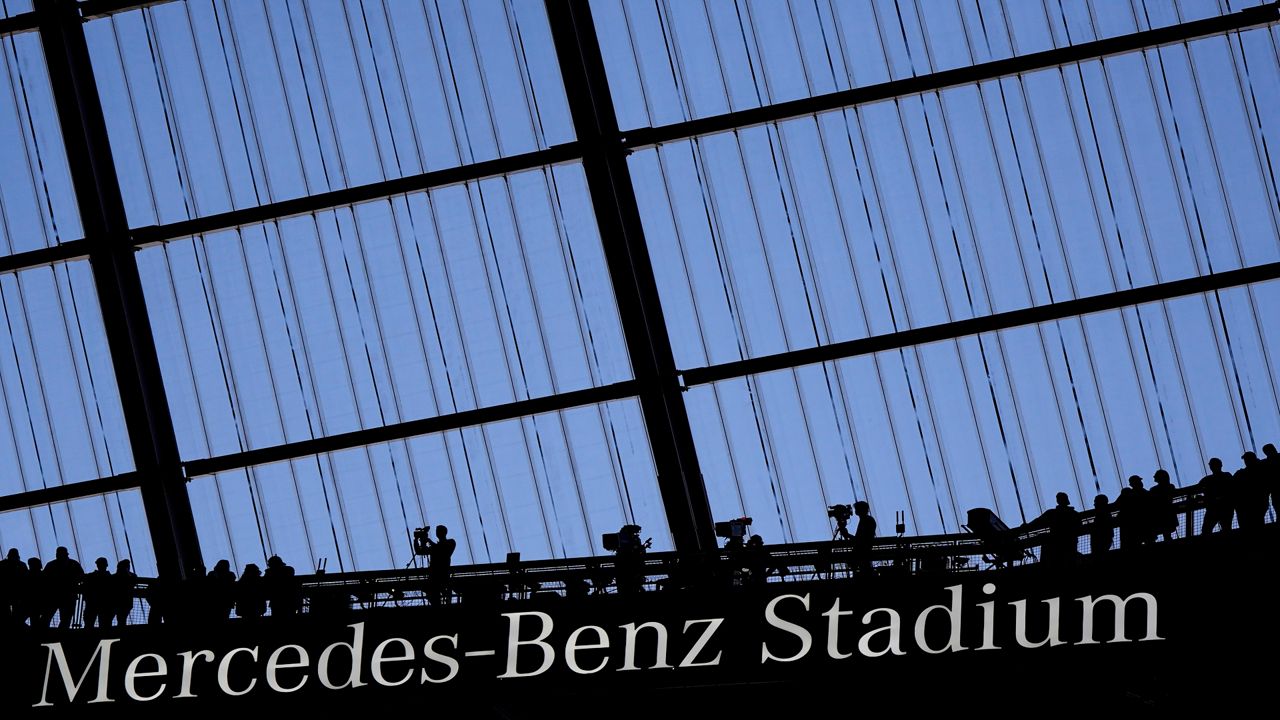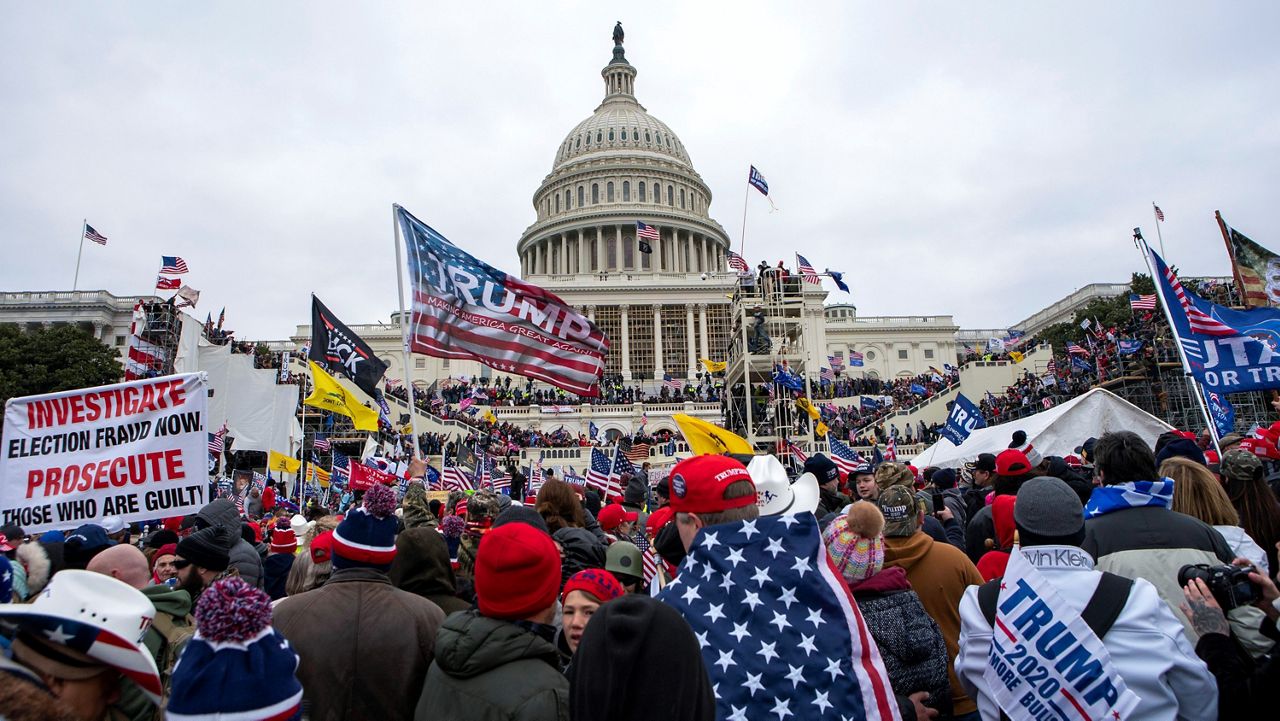In a 6-3 ruling on Monday, the Supreme Court decided that a Washington state high school football coach had the right to pray on the field after games, a judgment which could have a major impact on prayer in public schools.
The high court's conservative majority sided with Joe Kennedy, a former assistant football coach at a high school near Seattle who kneeled and prayed at the 50-yard line after his team's games. The court argued argued that the Free Exercise and Free Speech Clauses of the First Amendment protected his right to do so.
"Both the Free Exercise and Free Speech Clauses of the First Amendment protect expressions like Mr. Kennedy’s," Justice Neil Gorsuch wrote in the opinion of the court. "Nor does a proper understanding of the Amendment’s Establishment Clause require the government to single out private religious speech for special disfavor. The Constitution and the best of our traditions counsel mutual respect and tolerance, not censorship and suppression, for religious and nonreligious views alike."
"The Constitution neither mandates nor permits the government to suppress such religious expression," Gorsuch added.
Justices Sonia Sotomayor, Elena Kagan and Stephen Breyer dissented. Sotomayor argued that the conservative majority's decision "weakens the backstop" of the Free Exercise Clause and Establishment Clause in the First Amendment.
"It elevates one individual's interest in personal religious exercise, in the exact time and place of that individual's choosing, over society's interest in protecting the separation between church and state, eroding the protections for religious liberty for all," she wrote.
"Today’s decision is particularly misguided because it elevates the religious rights of a school official, who voluntarily accepted public employment and the limits that public employment entails, over those of his students, who are required to attend school and who this Court has long recognized are particularly vulnerable and deserving of protection," Sotomayor continued. "In doing so, the Court sets us further down a perilous path in forcing States to entangle themselves with religion, with all of our rights hanging in the balance."
"As much as the Court protests otherwise, today’s decision is no victory for religious liberty," she added.
Kennedy, a Christian and former football coach at Bremerton High School in Bremerton, Washington, started coaching at the school in 2008 and initially prayed alone on the 50-yard line at the end of games. But students started joining him, and over time he began to deliver a short, inspirational talk with religious references. Kennedy did that for years and led students in locker room prayers. The school district learned what he was doing in 2015 and asked him to stop.
Kennedy stopped leading students in prayer in the locker room and on the field but wanted to continue praying on the field himself, with students free to join if they wished. Concerned about being sued for violating students’ religious freedom rights, the school asked him to stop his practice of kneeling and praying while still “on duty” as a coach after the game. The school tried to work out a solution so Kennedy could pray privately before or after the game. When he continued to kneel and pray on the field, the school put him on paid leave.
The court's decision overturns decisions from lower courts, which sided with the school district, determining that his choice to pray in such a prominent place was not protected by the First Amendment because he was acting as a public employee.
The high court's ruling is the second in less than a week in favor of religious plaintiffs. Last week, the Supreme Court's 6-3 conservative majority ruled that religious schools cannot be excluded from a Maine program that offers tuition aid for private education, a decision that could ease religious organizations' access to taxpayer money.
The Associated Press contributed to this report.







